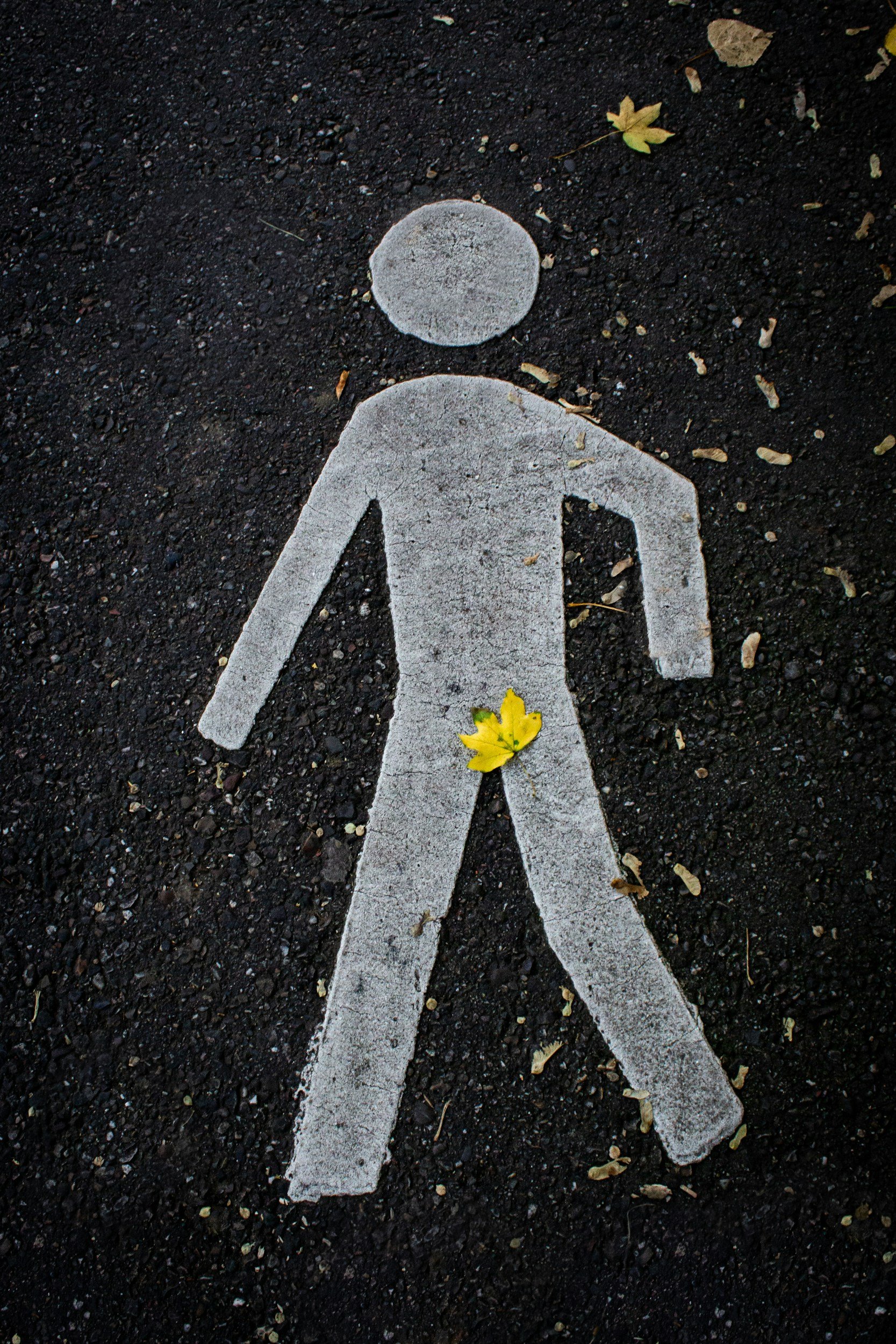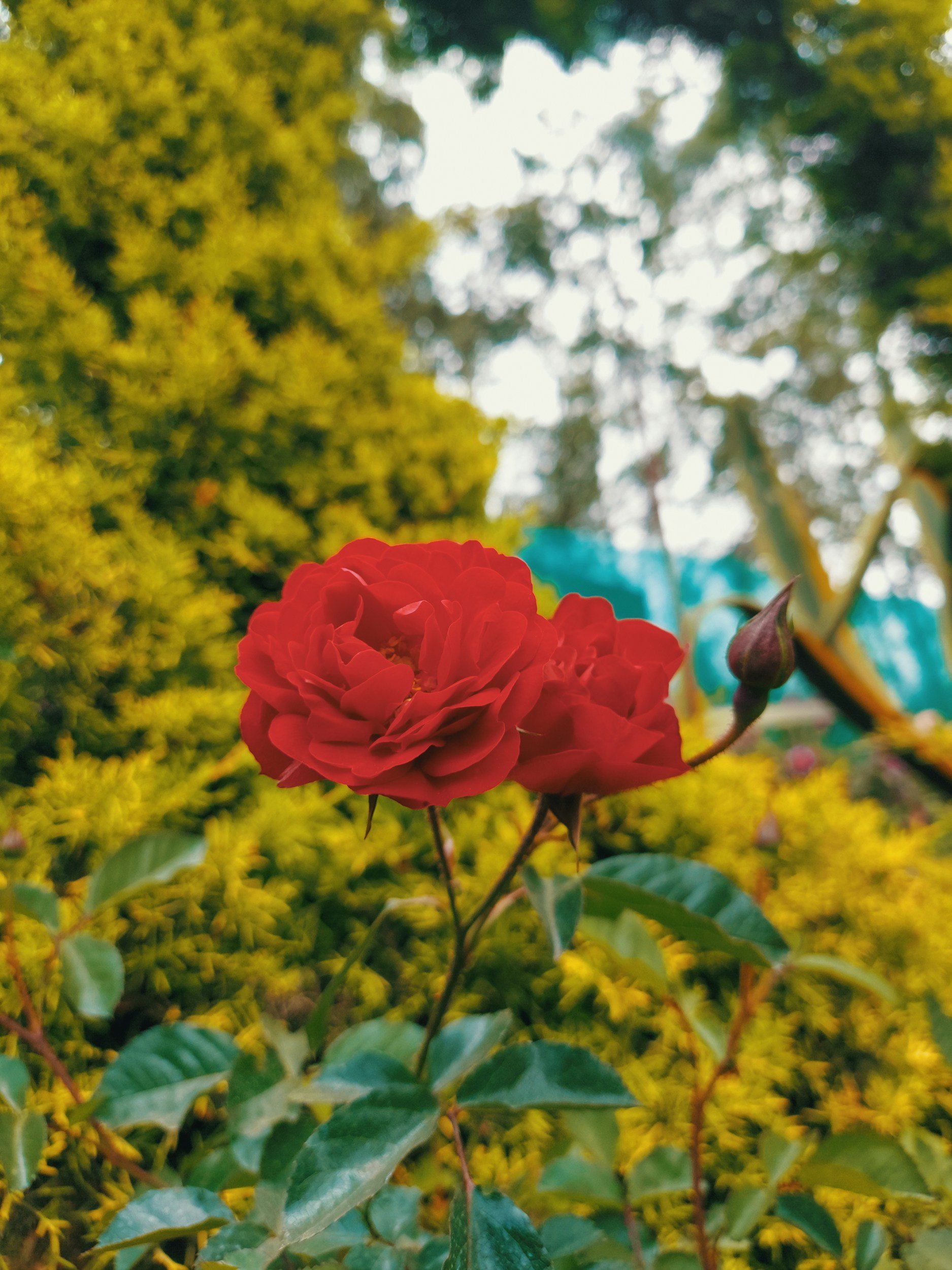11 Sexual & Reproductive Euphemisms Used in Igbo Language
Language is a powerful tool, not just for communication but for expressing the unspoken. In Igbo culture, sexual or reproductive themes are typically conveyed through clever metaphors and euphemisms that blend humor, wisdom, and subtlety, to achieve politeness or avoid embarrassment for the intended recipient. This post highlights 15 sexual and reproductive euphemisms used in Igbo, which can be useful if you're learning the language or simply curious about its nuances. These phrases reveal a deeper layer of Igbo expression. Enjoy!
Direct term: Akwunakwuna (Prostitution)
Euphemism: Igba naama (To operate outside)
Direct term: Otu (vagina)
Euphemism: Ife mgbada (The thing down there), Ihe o ji buru nwaanyi (What makes her a woman)
Direct term: Idi ime (To be pregnant)
Euphemism: Iriju afo (To be filled), Ahu mgbanwe (Body change)
Direct term: Ira otu (To have sex)
Euphemism: Irahu (To sleep with someone), Inwe mmeko (To have an affair with someone)
Direct term: Ikwa iko (Fornication or Adultery)
Euphemism: Ime apari (To engage in a stupid act)
Direct term: Amu (Penis)
Euphemism: Ikenga (A powerful masculine totem), Mgbadike (A stubborn masquerade), Ihe o ji buru nwoke (What makes him a man)
Direct term: Amu (Scrotum)
Euphemism: Ogodo (Loin cloth)
Direct term: Ihu nso (Menstruation)
Euphemism: Inwe onye obia (To have a guest), Ihu onwa (To see the moon)
Direct term: Aji ike (Pubic hair)
Euphemism: Abuba (Feather)
Direct term: Imu nwa (Child delivery)
Euphemism: Irida (To come down)
Did we miss any key euphemisms? Or do you know any Igbo terms and their playful expressions that should be on this list? Share them in the comments below, we'd love to learn from you! Dalu!







